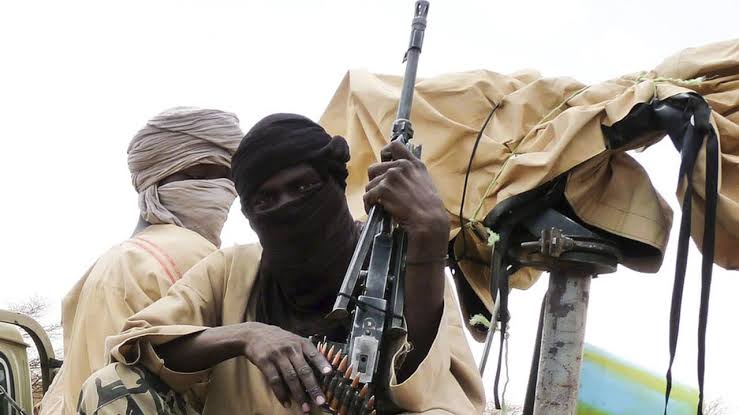Senator Ali Ndume has revealed that Boko Haram insurgents have caused the death of over 300 people in 252 attacks across Borno State over the past six months.
This surge in violence has led Governor Babagana Zulum to lead a delegation to the military high command, seeking urgent assistance.
Speaking to journalists in Abuja, Ndume explained that the visit was the outcome of multiple meetings between Governor Zulum and various stakeholders in Borno State.
The delegation, which included Ndume, the other two senators from the state, a member of the House of Representatives, and the governor himself, met with top military officials, including the Chief of Defence Staff, General Christopher Musa, as well as the Chiefs of the Army, Navy, and Air Force, to discuss the worsening insurgency in the state.
While acknowledging the efforts of the Nigerian military, Ndume expressed concern over the intensifying attacks.
“Since November of last year, Borno has experienced 252 attacks. In just the last six months, over 100 soldiers and more than 200 civilians have been killed,” Ndume said.
The senator highlighted that despite the military’s efforts, which have resulted in the neutralization of over 800 Boko Haram militants and more than 500 deaths among insurgents due to infighting between Boko Haram and ISWAP, parts of Borno remain under the control of the terrorist group.
“As it stands, three local governments—Gudumbari, Marche, and Abadam—are under Boko Haram’s control. In many parts of the state, movement is virtually impossible after 6 pm, with only Southern Borno being somewhat accessible,” he added.
He also pointed out the severe limitations on travel within the state, citing the closure of the Maiduguri to Biu road, which typically takes two hours to cover, but now requires military escorts for any travel.
Also, Ndume mentioned that army formations in critical locations like Wajiruku, Sabongari, and Monguno have been displaced due to the ongoing violence.
Despite these challenges, Ndume commended the Nigerian military for their continuous efforts but emphasized the need for more resources, trained personnel, and proper equipment to effectively tackle the insurgency.
“To truly resolve this issue, the military must be adequately equipped, trained, and motivated. That is what I refer to as TEAM,” he concluded.


